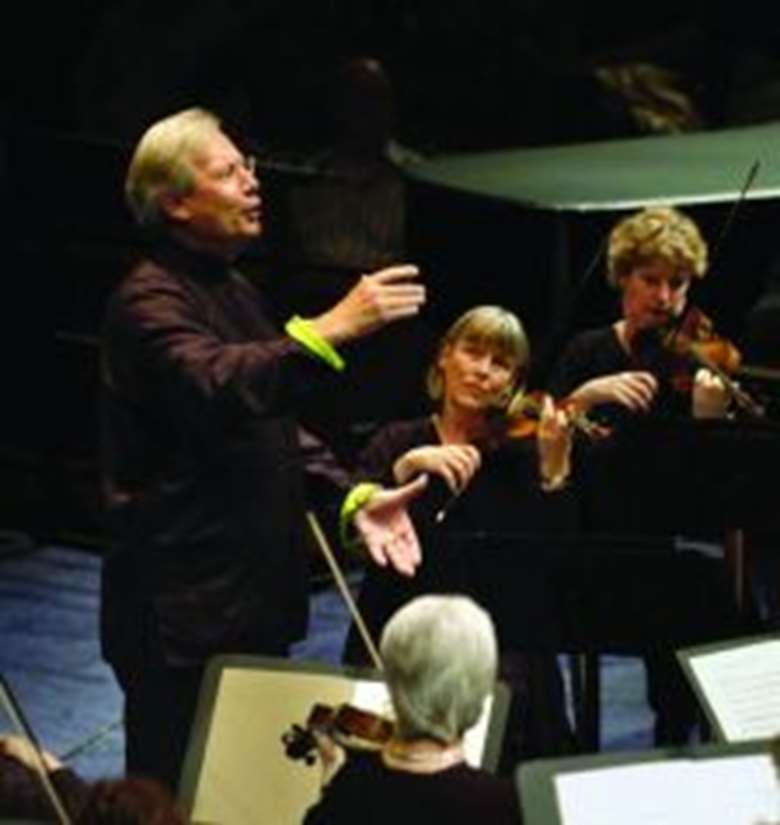Sir John Eliot Gardiner – Interview (Gramophone, October 2008)
Peter Quantrill
Monday, November 3, 2014
Sir John Eliot Gardiner discusses his life and career with Peter Quantrill (October, 2008)

Register now to continue reading
Thanks for exploring the Gramophone website. Sign up for a free account today to enjoy the following benefits:
- Free access to 3 subscriber-only articles per month
- Unlimited access to our news, podcasts and awards pages
- Free weekly email newsletter







